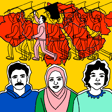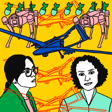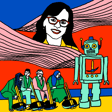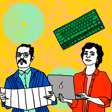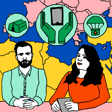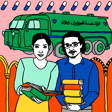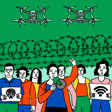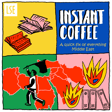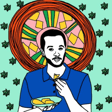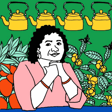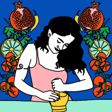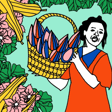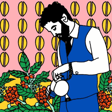
2.3 Iraqi Cuisine from Mesopotamia to Mosul with Nawal Nasrallah
On episode 3, Taif Alkhudary speaks with Nawal Nasrallah about the history and development of Iraqi cuisine from Mesopotamia to modern day through her own cookbook 'Delights from the Garden of Eden' and her translation of the medieval Arabic cookbook 'Annals of the Caliphs’ Kitchens', an annotated translation of the tenth-century, Abbasid-era cookbook Kitab al-Tabikh by Ibn Sayyar al-Warraq.
Nawal is an award-winning food historian of the Arab world, and translator of major medieval Arabic cookbooks hailing from Baghdad, Egypt, and Al-Andalus.
Taif is a Research Assistant on the LSE Middle East Centre project 'Managing Religious Diversity in the Middle East: The Muhasasa Ta'ifia in Iraq, 2003–2018'.
All artwork by Rawand Issa: www.instagram.com/rawand.issa_
